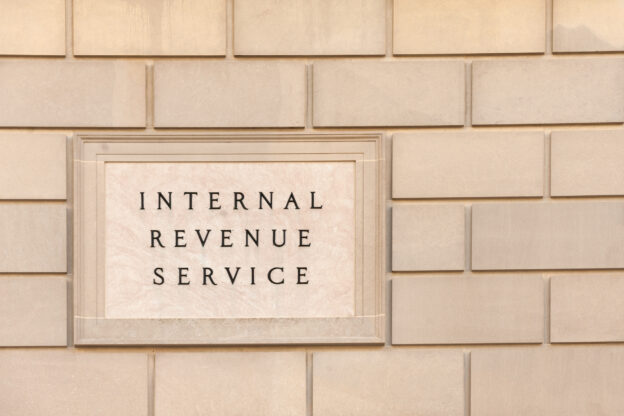
Adam Bouka
By Adam Bouka and Brit Merrill
On November 15, 2024, the U.S. District Court for the Eastern District of Texas invalidated the Department of Labor’s (DOL) 2024 Final Rule, which increased salary thresholds for overtime exemptions under the Fair Labor Standards Act (FLSA). This decision in State of Texas v. Dep’t of Labor, Case No. 24-cv-468-SDJ, vacates the rule nationwide, halting its implementation and restoring the salary level in effect prior to July 1, 2024 ($35,586 per year, $684 per week) for executive, administrative, and professional (EAP) exemptions and ($107,432 per year) for the highly compensated employee exemption.

Brit Merrill
Key Takeaways:
- Executive, Administrative, and Professional (EAP) Exemptions
- The planned salary threshold increase to $844 per week (or $43,888 annually), effective July 1, 2024, is no longer valid.
- Future staged increases, including the January 1, 2025 threshold of $1,218 per week and automatic updates starting July 1, 2027, are also void.
- Employers must revert to the prior salary threshold of $684 per week ($35,568 annually) for EAP exemptions.
- Highly Compensated Employee Exemption
- The planned salary threshold increase to $132,964 effective July 1, 2024 is no longer valid.
- Future staged increases, including the January 1, 2025 threshold increase to $151,164, is now void.
- Employers must revert to the prior salary threshold of $107,432 per year for highly compensated employee exemptions.
















